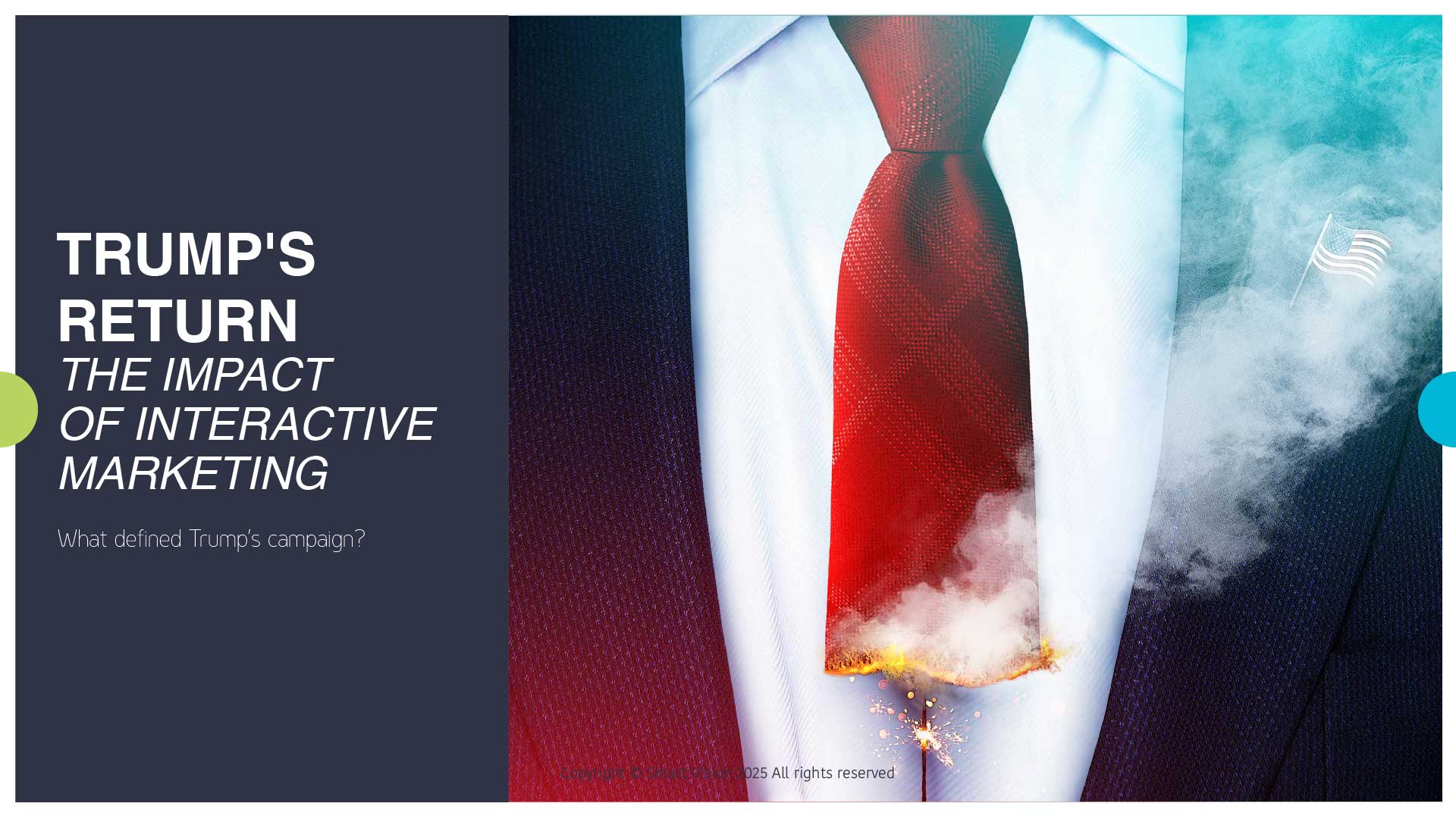Artificial intelligence (AI) is changing the public relations (PR) field, bringing new opportunities and ethical dilemmas. As AI continues to advance, clear ethical standards must be established to ensure its responsible use. This blog post reflects on IPRA Gold Paper No. 19, which outlines key principles, guidelines, and standards for the ethical application of AI in PR.
Current state of AI in PR
A recent Delphi study involving experienced PR professionals worldwide indicates that AI adoption in PR is still in its early stages. AI tools, including predictive analytics, chatbots, media monitoring, and content generation, are gaining traction. However, concerns remain regarding misinformation, privacy, and overreliance on AI for content creation.
PR professionals must address these challenges while using AI to enhance communication strategies. AI can optimize processes, but ethical considerations must guide its application to maintain trust and credibility.
Main concerns and ethical issues
When using AI tools, PR professionals highlight several key points of concern, such as generic responses and misinformation, lack of critical thinking and creativity, potential biases and cultural insensitivity, and data collection and processing methods.
UNESCO Guidelines on the Ethics of Artificial Intelligence (2021)
The authors of the Golden Paper believe that the rapid development of AI should be regulated by global principles, such as UNESCO’s guidelines, which address proportionality and do-no-harm, safety and security, the right to privacy and data protection, compliance with international law and national sovereignty, and other aspects of security.
The goal is to align AI development and implementation with human rights, democratic values, and sustainable development.
Proposed ethical standards for AI in PR
According to the guidelines presented in Golden Paper No. 19, in order to ensure responsible integration of AI into PR, the following ethical standards should be applied:
Human oversight:
AI should support, not replace, human decision-making. PR professionals are responsible for final decisions, and AI should be used as a tool to enhance efficiency and enable informed choices rather than substitute for human judgment.
Non-Discrimination:
AI must avoid biases that could spread misinformation. AI systems are trained on large datasets that may contain unconscious biases. PR professionals should recognize and eliminate such biases to ensure fairness and accuracy of information.
Privacy protection:
PR professionals must safeguard personal and corporate data. AI tools must comply with data protection and privacy laws, and all data must be processed with high security to prevent misuse.
Fact-Checking and accuracy:
AI-generated content should undergo thorough review. Any AI-generated content should be carefully examined by human experts to ensure accuracy, credibility, and relevance before it is distributed to the public.
Transparency in the use of AI:
Organizations must disclose AI applications in PR campaigns. To avoid manipulation, audiences and stakeholders should be informed when AI is used in content creation, analytics, or communication strategies.
Awareness and literacy:
PR professionals should educate stakeholders about AI ethics. Education and training on the ethical use of AI help prevent misuse and ensure that everyone using AI tools understands their capabilities and limitations.
Best practices for integrating AI in PR
To comply with ethical standards, PR professionals should adopt the following best practices:
Early adoption and adaptation:
Keep track of AI trends and implement them responsibly. Early adoption of AI technologies allows PR professionals to remain competitive and set high ethical standards before the technology becomes widespread.
Preserving human control:
AI should serve as a tool, not make decisions on its own. PR professionals must oversee AI tools and use them as auxiliary resources while the human factor makes key strategic decisions.
Continuous learning:
PR professionals should improve their skills in the ethical use of AI. Since AI technology evolves rapidly, PR professionals need to stay current with the latest developments and adjust their methods in accordance with ethical guidelines.
Collaboration with the academic community:
Research insights can aid in the ethical application of AI. Collaboration between PR professionals and the academic community can contribute to a better understanding of AI technology and its ethical implications.
Regular review of AI policies:
Ethics in AI use must evolve alongside technological progress. Organizations should regularly analyse and update their AI strategies to ensure alignment with the latest standards and ethical recommendations.
The role of IPRA in AI and PR
The International Public Relations Association (IPRA), founded in 1955, is the leading global network of PR professionals. IPRA’s mission is to advance trust in communication and encourage ethical PR practices—through networking, a code of conduct, and intellectual leadership. IPRA organizes the global annual competition called the Golden World Awards for Excellence (GWA), recognizing the best projects in the field of public relations. IPRA members actively create content through Thought Leadership essays, social media, and consultative status at the United Nations, while GWA winners demonstrate excellence in PR practice. IPRA invites anyone who shares its values to join the global collective that supports ethical, transparent, and responsible communication.
IPRA plays a key role in guiding the ethical use of AI in PR. Its main initiatives include:
- Developing educational resources: Training programs and webinars on AI ethics.
- Networking and collaboration: Platforms for discussing AI.
- Advocating for ethical AI: Working with decision-makers on AI regulation.
- Collection of case studies: Showcasing examples of ethical AI use in PR.
You can download the full Golden Paper No. 19 on the ethical use of AI in PR here.
AI is an invaluable tool in PR, but its ethical use is mandatory. PR professionals must balance innovation with integrity, ensuring that AI enhances rather than undermines communication strategies. By adhering to ethical standards and guidelines, the PR industry can harness AI’s potential while maintaining trust, transparency, and accountability.





